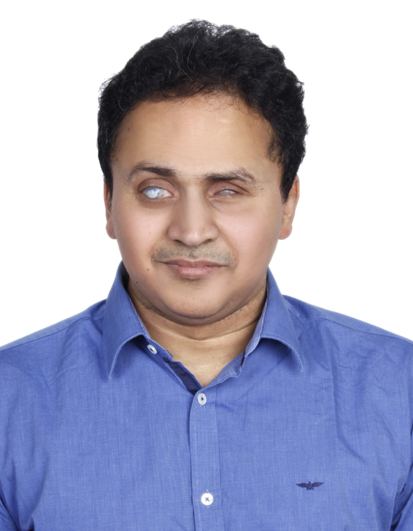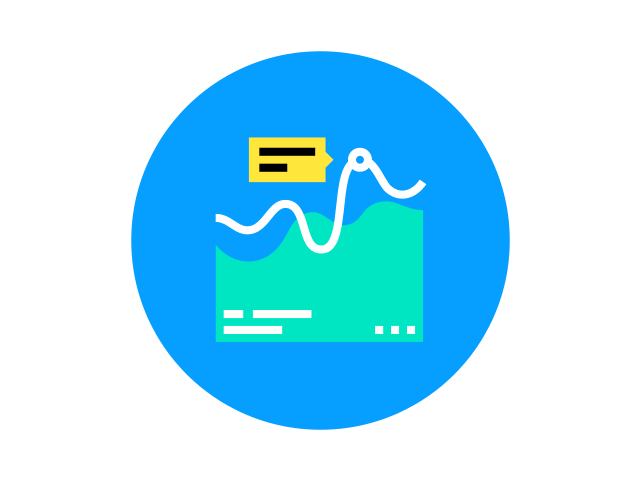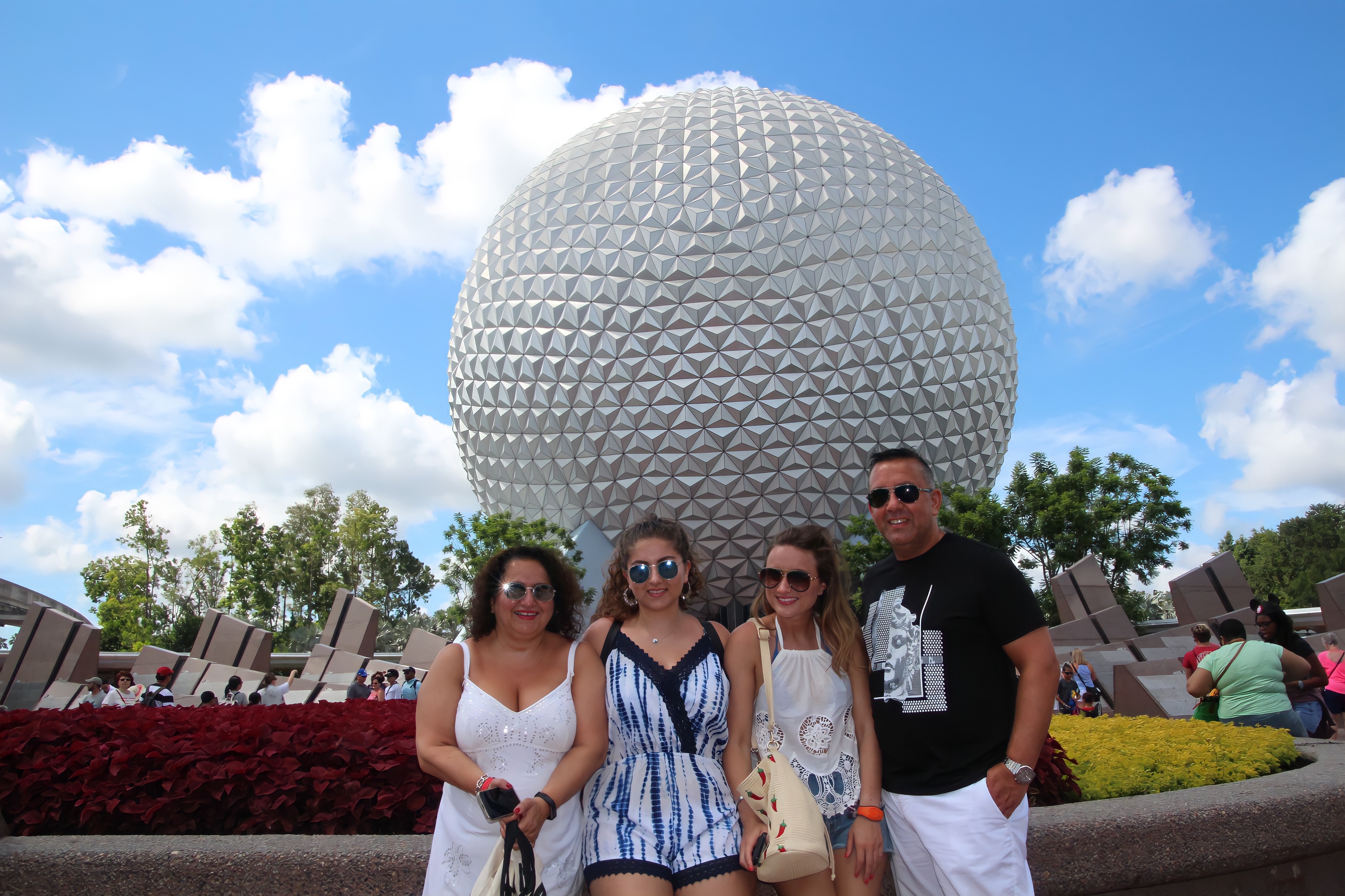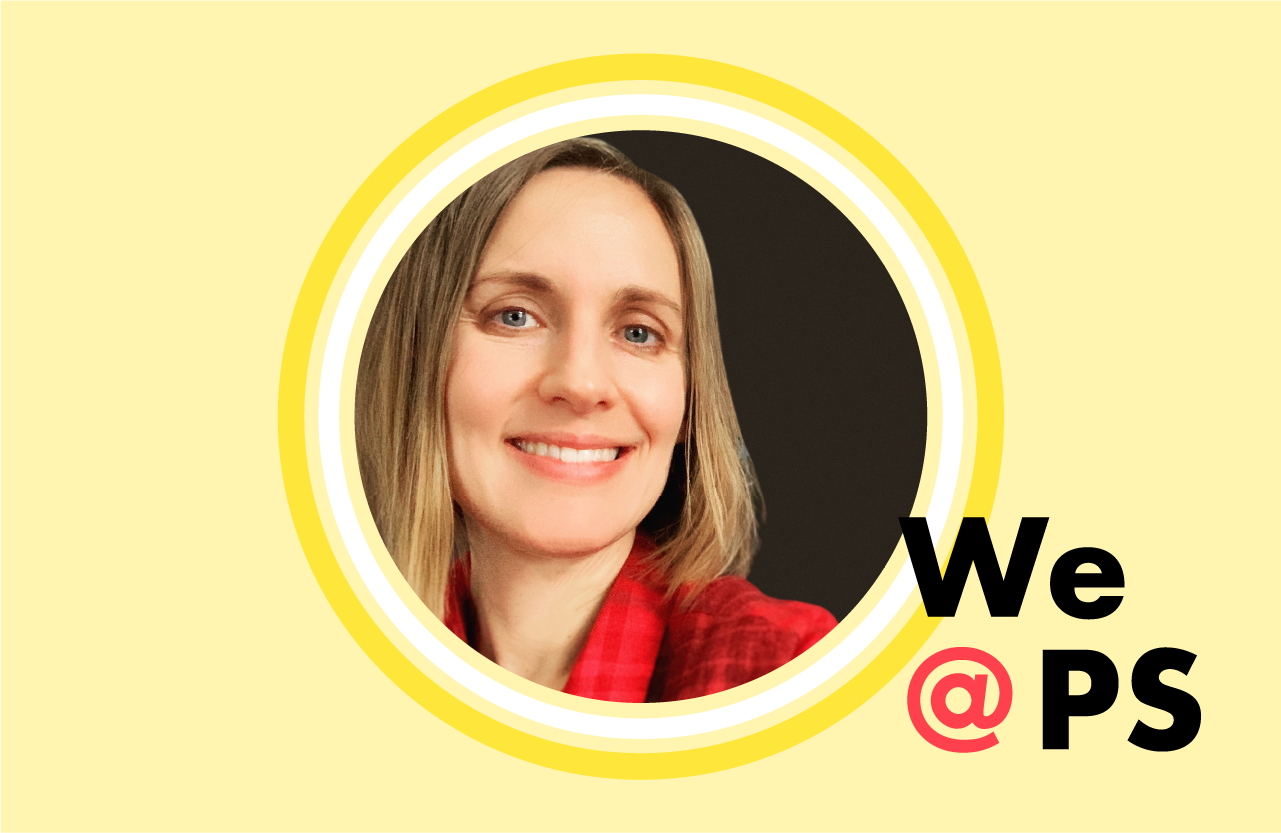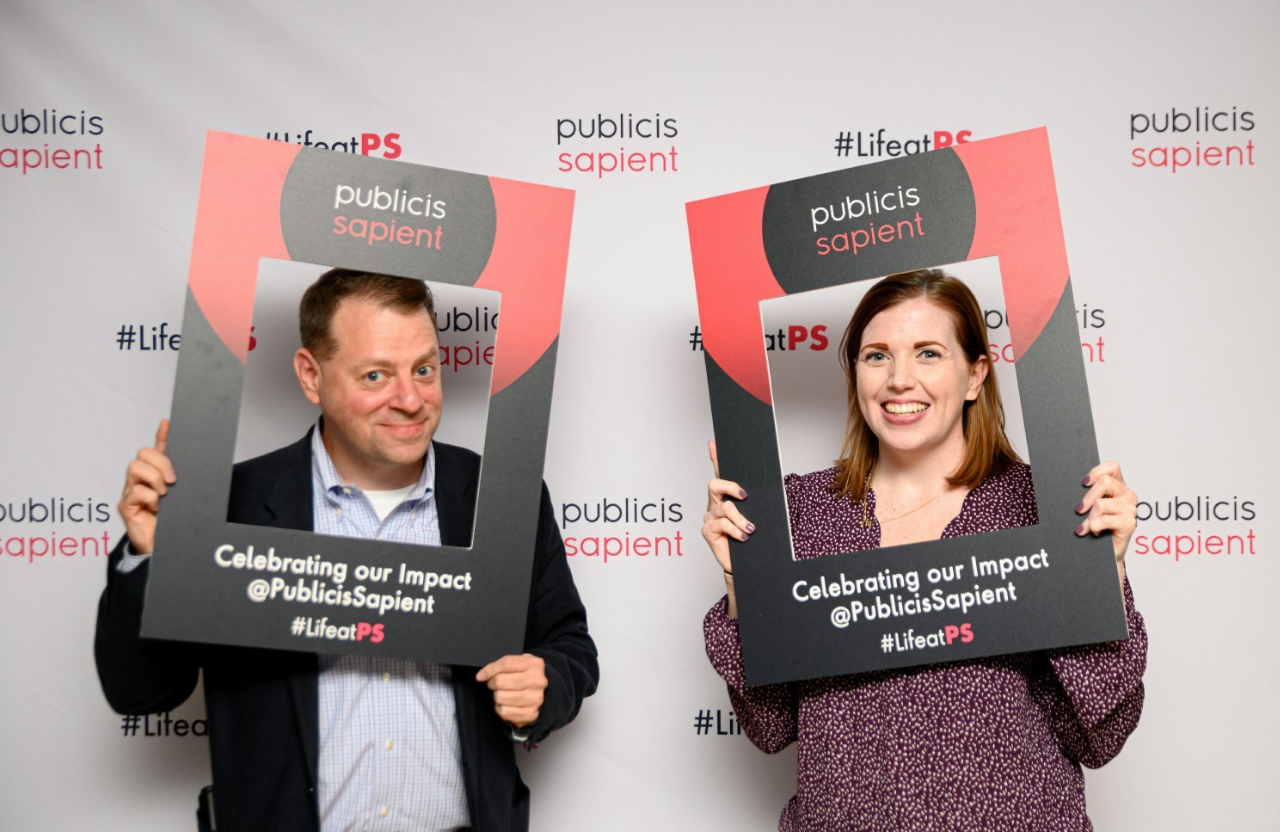My first memory of problems with my eyesight is around 7 years old when I was running away from a nurse who had an endless supply of injections. After my eye surgery, the ophthalmologist told my parents I will lose my eyesight completely and advised that they look for a school that teaches blind persons. My parents would take me to various religious places before and after my surgery in hopes of getting my eyesight cured. All of the well-wishers would suggest alternative treatments such as Ayurveda, Homeopathy, and many religious places that my parents had never heard of.
We decided to visit the Vaishno Devi shrine, the place of a very well-known Hindu goddess in North India. Before the visit, I was told about various miracles that happened to people who visited her shrine so my hopes were high. We embarked on the 7-hour trek with no concrete road. After we returned, I realized that my eyesight was not improving and my hope of getting my sight back was crushed, and in despair. I would go through many more similar cycles of hope and despair in the coming years.
Throughout my life, I have seen many others go through emotions because of incorrect beliefs that visiting holy places can solve their problems. These beliefs not only lead to false hope but also waste invaluable time that could be spent finding solutions.
With time, my sadness gave way and I started focusing on living life. Like many other blind persons, I faced the challenges of getting study materials. As many of you know, blind persons study with what is known as Braille, but you may not know that producing Braille books are more expensive than traditional print books. As a result, we would get very few books for our studies. These problems were even more severe before digital technology as organizations would manually produce those books. It was somewhat similar to what happened before Gutenberg’s invention of the printing press.
Another method of studying is to record books which is also cumbersome. My entire family would either record the books or draw diagrams for me. Due to these difficulties, many schools for the blind would not teach mathematics, economics, or science. Similarly, I also could not study mathematics after eighth grade. At the same time friends around me, including my brother, were studying not only how to use a computer but also how to program it. Around 12th grade, I learned that there is talking software that would let me use a computer, so I decided to learn to program and make it my profession.
